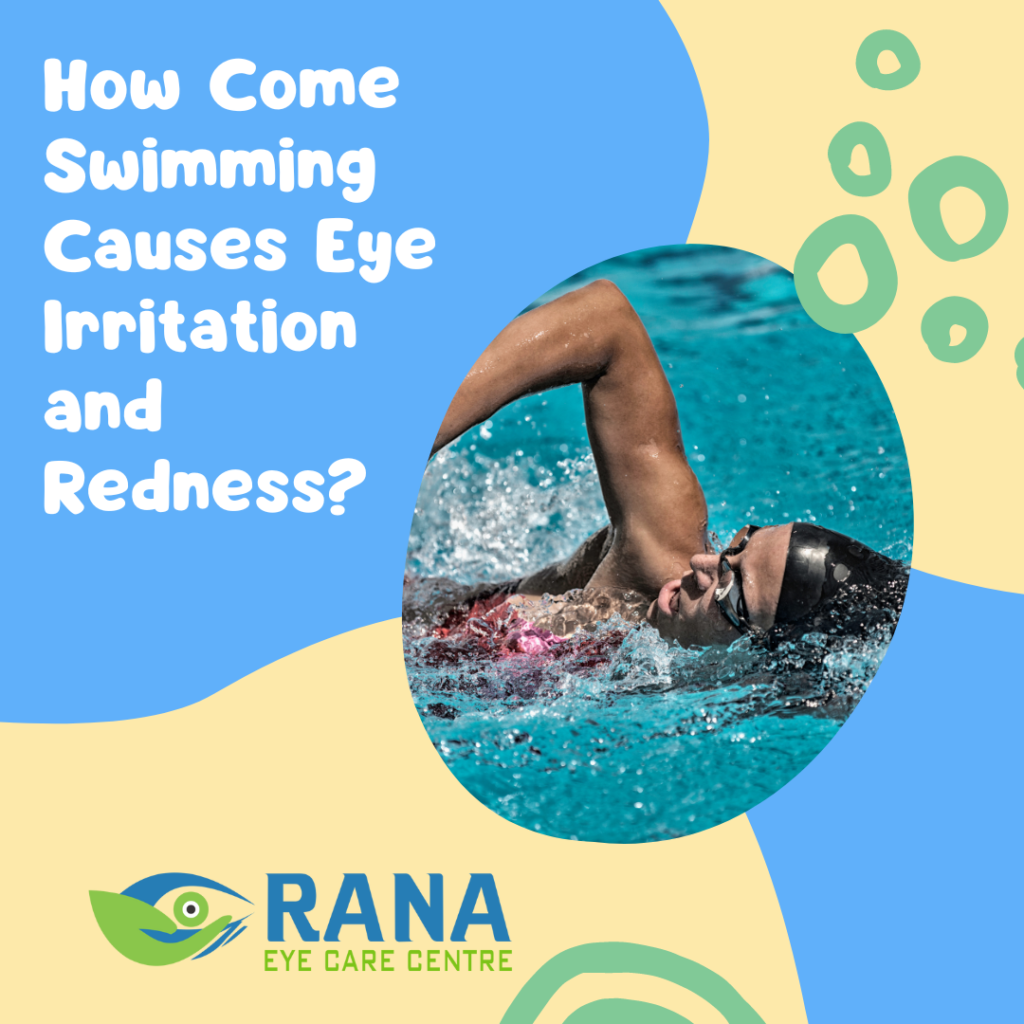How Come Swimming Causes Eye Irritation and Redness
We’ve all suffered from the painful redness and burning sensation known as “swimmers’ eye” after a swim. While it’s common knowledge that prolonged exposure to high chlorine concentrations can cause serious eye infections in swimmers, this is only half the story. Incorrect swimming methods and chlorine often combine to cause a swimmer’s eye, a condition characterized by irritation and dryness of the eye’s tear film. Discharge, swollen lids, blurred vision, burning, stinging, redness, and irritation are all possible side effects of conjunctivitis and swimmer’s eye.
After swimming in a pool, why do your eyes become red and irritated?
It’s normal for your eyes to become slightly red and irritated after floating in the water. Many people blame the high chlorine level in the water, but this is not the only case. Chlorine reacts with the urine and sweat swimmers excrete into the pool, producing chloramines.
How do you prevent your eyes from becoming red and irritated when swimming?
Don’t freak out; you can still get in your daily water intake. After all, swimming helps with arthritis, boosts your immune system, lowers your risk of heart disease, makes you smarter, and can even add years to your life. The simple pieces of advice from professionals that can help you avoid painful eye troubles and get rid of red, irritated eyes after swimming are as follows:
- Put on some swim goggles or polarized sunglasses:
Make sure they fit properly by trying them on before you buy them. The swimming lenses are watertight if removing them produces a little, fast popping sound. Goggles with anti-fog coatings and UV protection are a must for outdoor swimming. Outdoor swimming is best for goggles with smoky lenses.
- It would help if you washed your eyes after swimming:
A little chlorine in your eyes after swimming probably won’t hurt anything, but you shouldn’t do it. If chemicals touch your skin or eyes, wash them with lots of water.
- Put your contacts in afterwards:
There may be germs hiding in your lenses. If you can swim without your contact glasses, don’t take them out of the locker room. Furthermore, waiting 20-30 minutes between inserting soft contact lenses is recommended.
- Put drops of eye drops in your eyes:
After a swim, you can use these over-the-counter eye drops to soothe dryness or redness. To avoid long-term eye irritation, switching brands is best, but remember that even those that claim to reduce redness should be used sparingly.
Conclusion:
If you have chronic impaired vision, significant pain, or red eyes that discharge fluid, you should immediately get medical help. Those are potential warning signs of a more serious problem. If you’re experiencing any of the above vision issues, we strongly advise you to visit Rana Eye Hospital.






No Comments